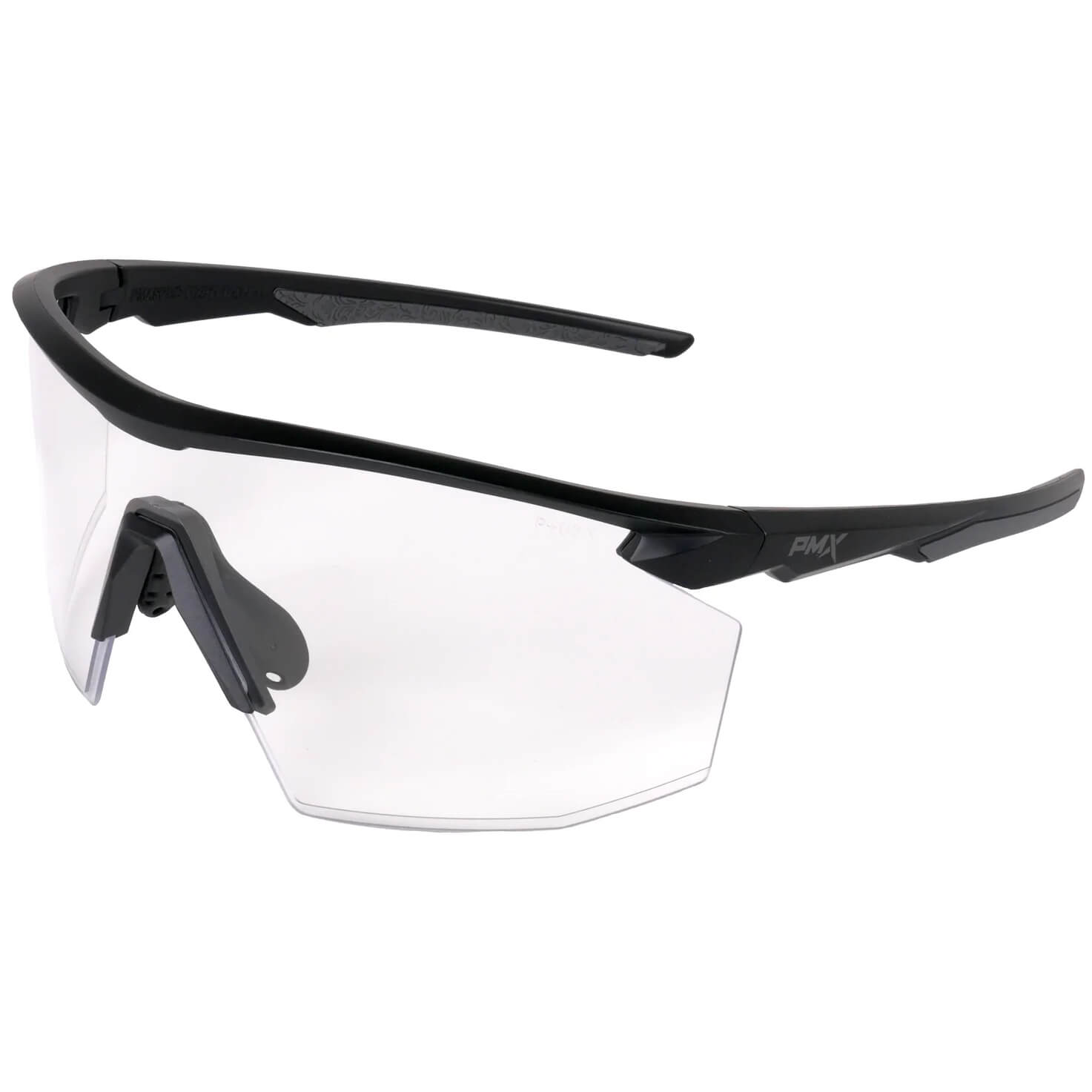Do you currently have good eye health and want to keep it that way? Maybe you’ve already experienced a decline in your eyesight and would like to slow the aging process?
The fact is, most people over age 40 experience what is known as “old eyes” because lenses lose flexibility with age. As a result, many people require reading glasses by age 50. While this may be an inevitable result of aging, other eye problems don’t have to be.
Thankfully, good eye health, in general, is something over which we have a certain amount of control.
Basic Eye Care Tips
Below are some basic eye care tips that can play a significant role in maintaining healthy eyes for a lifetime.
- Avoid staying outdoors under direct sunlight for extended periods without protective eyewear. Too much sun exposure increases your risk for cataracts and melanoma.
- When choosing sunglasses, pick ones with gray or green-gray lenses and 100% UVA and UVB protection. Also, consider a wrap-around design if you spend a lot of time outside.

Proper lighting and minimizing glare can help reduce eye fatigue.
- Avoid tiring your eyes. Consistently use good lighting and reduce excessive glare when reading.
- Visit the eye doctor regularly so severe medical conditions are identified early and to learn how to keep eyes in optimal health. Patients with glasses or contacts, children and seniors should get annual checkups; everyone else should visit every two years.
- Maintain good posture when working, reading and writing and avoid reclining when reading and even watching television. Poor posture and awkward viewing angles fatigue your eyes quicker than when practicing proper ergonomics.
- Put your eye’s distance-vision muscles to work by getting involved in outdoor activities. All of the muscles in your body need stretching, including eye muscles.
- Try to exercising at least three times a week. Consistent exercise lowers the risk of age-related macular degeneration (AMD), the leading cause of severe vision loss in people over 60, by up to 70%. Physical activity improves blood circulation, which boosts oxygen to the eyes, reduces inflammation and aids in the removal of toxins.
- Stop smoking. Along with other serious health problems, smoking increases the odds of getting age-related macular degeneration.
Incorporating the above lifestyle changes will go a long way in improving your eye health. But, healthy eyes also need protection from digital damage due to Computer Vision Syndrome (CVS).
Eye Health and Computer Use
CVS affects more than 70% of the 143 million Americans who work on computers daily. Evidence shows CVS can cause AMD and that younger eyes are being impacted due to our digital society.

Wearing Computer Glasses, such as Gunnars, can prevent Computer Vision Syndrome in today’s digital age.
Take The Following Steps To Protect Your Eyes From CVS
- Take short pauses when working on a computer. Lack of proper relaxation leads to worsening eyesight. Apply the 20/20/20 rule: rest every 20 minutes by staring at an object 20 feet away for 20 seconds.
- Decrease screen glare to help reduce eye strain. Try reducing the brightness or eliminating the light source causing the glare. You can also try filtering the glare by using a screen protector or wearing computer glasses.
- Consider wearing computer glasses with anti-reflection lens coating while working at the computer as well as while driving. Doing so can reduce the halo effect that strains eyes.
You don’t have to live with deteriorating eyesight, especially when eye strain and fatigue are the primary cause.
The ways in which people strain to see are infinite, and the methods used to relieve the strain must be almost equally varied. Whatever the method that brings most relief, however, the end is always the same, namely relaxation. (William H. Bates, MD)
Protect one of your most valuable senses, your eyesight, by employing the above suggestions. Allowing your eyes time to relax and recover from the strain put upon them daily will help maintain your eye health. You’ll soon see the benefits of healthy eyes even with increasing age.







